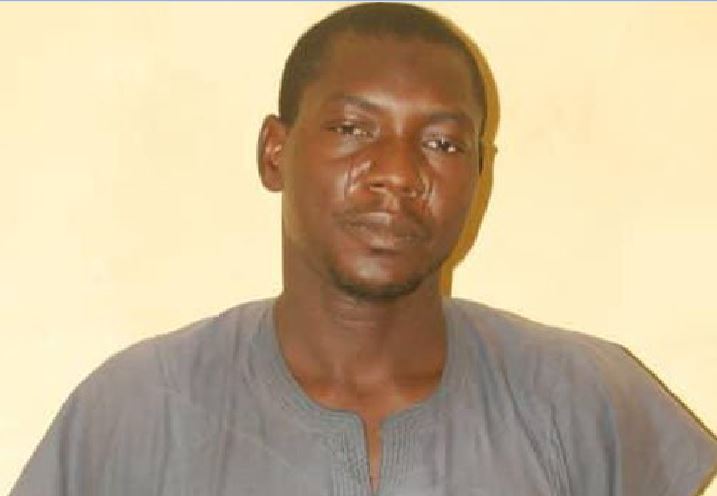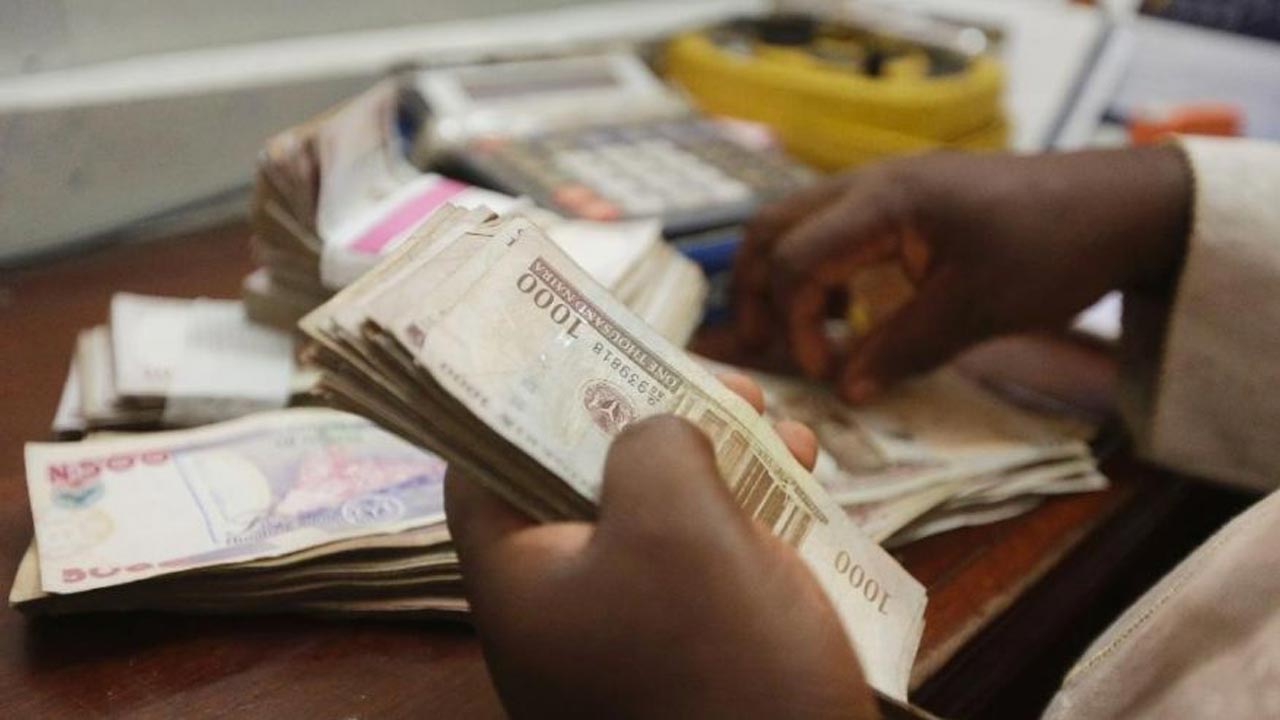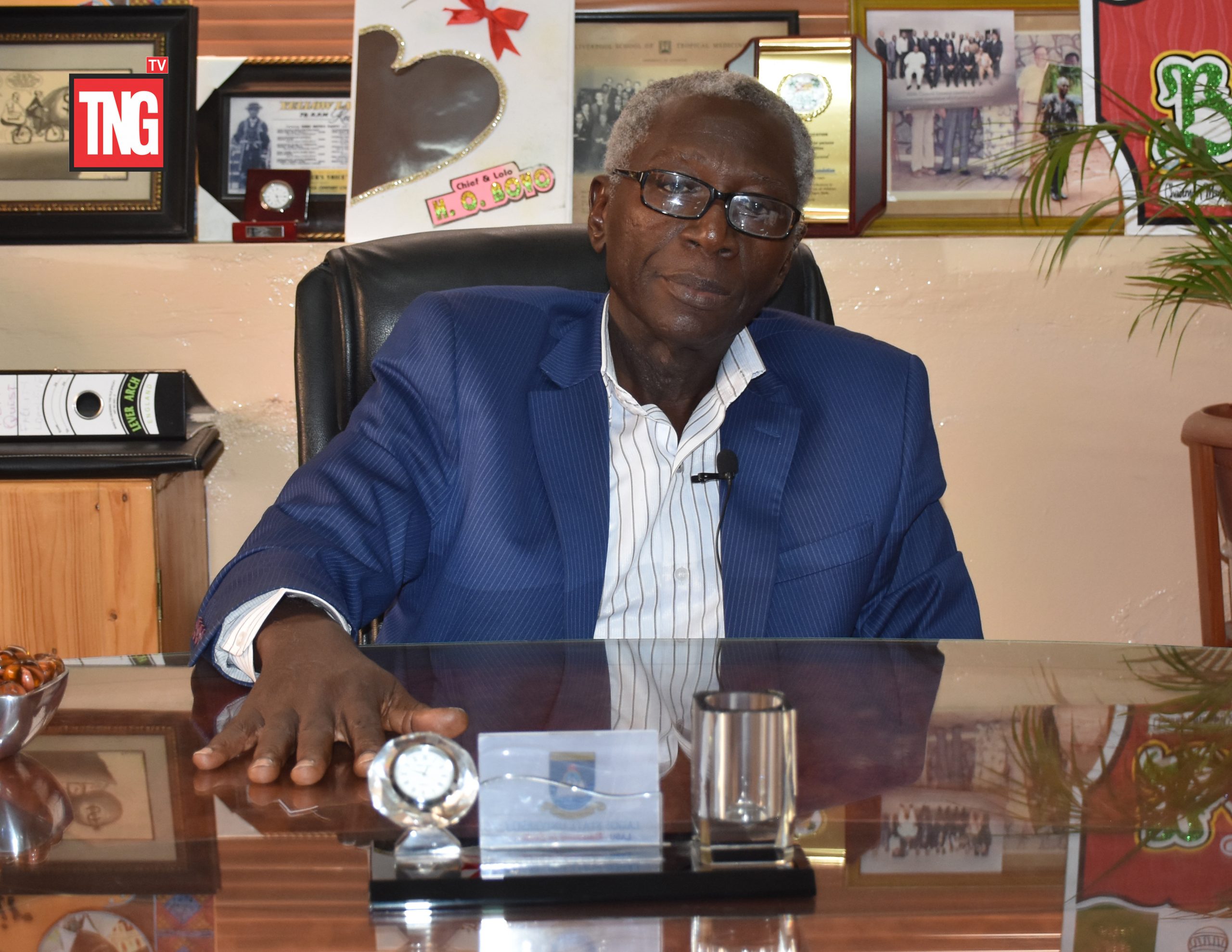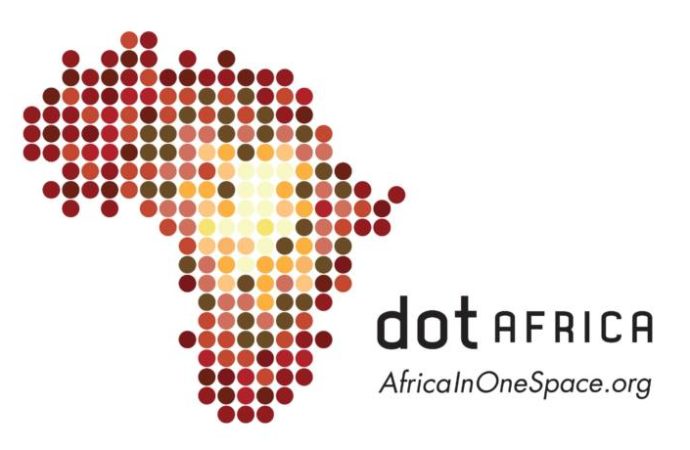By Henry Boyo
The IMF Country Chief, Amine Mati, who spoke last Thursday (November 8, in Abuja, at the presentation of the Regional Outlook for Sub-Saharan Africa, 2018), was clearly concerned that, despite Nigeria’s very precarious 1.9 percent projected growth rate for 2018, and a debt to GDP ratio between 20-25 percent, Nigeria however, is unfortunately, already also allocating more than 50 percent of its revenue to service debt annually.
Consequently, according to IMF, Nigeria’s public debt is, oppressively, diverting more resources towards debt servicing. Furthermore, Mati also observed that interest rates have, regrettably, also “gone up to where they used to be” before the ‘celebrated’ debt relief to several African Countries, including Nigeria, just over 10 years ago.
Conversely, Nigeria’s Debt Management Office D.G, Patience Oniha, however, countered, at the above event in Abuja, that, without sufficient revenue and the impact of the “recession that the country found itself in between 2016-17, the government had no option than to borrow to increase forex availability” and also “spend our way out of recession.” Oniha, also, disclosed that despite the allegedly poisonous, present, debt burden, decried by IMF, government will still borrow N1.5tn in 2019, even when, the considerable sums of N2.5tn and N1.64tn, that government borrowed in 2016 and 2017, respectively, have failed to make meaningful impact on our huge infrastructural deficit.
Conversely, however, Vivian Bellonwu Okafor, Chairperson of The National Advocacy Centre, however, noted in a statement published in the Punch edition of November 9 2018, that the Federal Government’s zeal to borrow was not only unfortunate but also a glaring admission of cluelessness.
It is arguable nonetheless, that with due diligence, in procurement contracts, for infrastructure and other expenditure estimates, government’s annual budgets would be spared the “excessive” level of borrowing that does not translate to meaningful social impact. Indeed, 10 Civil Society Organisations, for example, have lately, jointly signed a petition, in pursuit of accountability in public procurement, for EFCC to probe why GE, the US Giant Corporation, supplied 18XGE Frame 126MW turbines for $404m, while the same Company also supplied 9XGE Frame of same 126MW turbines, through Nigeria’s Rockson Engineering at “a whopping sum of $1.55bn”; in this event, GE and Rockson may have defrauded Nigeria of about $1.348b.
Incidentally, according to another report in the Punch edition of November 7, 2018, the National Assembly is also investigating the allegation against GE/Rockson Engineering, “because of the fear that, should Nigeria do nothing, the United States Government may invoke the “Foreign Corrupt Practices Act” (which forbids US Companies from Acts of corruption anywhere in the world) to prosecute GE if found wanting.” “If this happens, according to NASS, Nigeria will again suffer great embarrassment, similar to the notorious ‘Halliburton case’.”
Similarly, earlier this month, the Senate, also began an investigation of the diversion of “$1.05bn from the Nigerian Liquefied Natural Gas ‘Dividend Account’ by NNPC.” The Group Managing Director, Maikanti Baru, has readily admitted, that NNPC utilized the $1.05bn to augment “under-recoveries from petrol importation,” at the height of the December 2017-January 2018 nationwide fuel scarcity. Maikanti Baru insisted that “NNPC acted in line with a National Assembly directive to do everything necessary to end that fuel scarcity;” besides, according to Baru, NNPC’s action “was also in line with Section 7(4) (b) of the NNPC Act which mandated it to fund its operations from its revenue.”
However, Senate President, Bukola Saraki, has declared that “it was illegal for NNPC to unilaterally draw from, the NLNG dividend funds, without prior appropriation by National Assembly.” Saraki insisted that “dividends paid to the Federal Government from LNG business were supposed to be kept in the Federation Account and shared among the three tiers of government.” Furthermore, Chairman of the Senate Committee on Gas, Senator Bassey Akpan, also noted that “utilizing the funds without appropriation, and without the knowledge of State and Local Governments was an illegal act that should not be overlooked.”
The related question therefore, clearly relates to whether the diversion of $1.05bn from the LNG dividends account was a one off event, or the usual practice; in which case, there would be a clear need for full disclosure of how much of the bountiful LNG dividends, have been diverted by NNPC for whatever purpose, since the commencement of the LNG trains. Incidentally, in addition to the unappropriated, LNG dividend of $1.05bn, the Senate Majority Leader, Senator Ahmed Lawan, is reportedly, also, already leading an Adhoc Committee, set up in October 16 2018, to look into the “alleged secret spending of $3.5bn by the NNPC on fuel subsidy.”
Instructively, however, in April, this year (2018), Dr. Waziri Adio, the Executive Secretary of Nigeria’s “Extractive Industries Transparency Initiative,” revealed, at a meeting with Civil Society and Media Organisations, that NNPC has confirmed that “NLNG’s $16.8bn ‘accrued’ dividends between 2000-2015 was not remitted to the Federation Account.” However, in defence of the non-remittance, the NNPC reportedly alleged that it got a letter from the Presidency, “that it should hold the money in trust, and it should spend as directed.”
Conversely, however, NNPC is yet to furnish NEITI with a copy of the alleged letter of instruction from the Presidency. Alarmingly, also, according to NEITI Secretary, “the Department of Petroleum Resources (DPR) does not yet have metering infrastructure;” consequently, “we cannot independently say this is how much oil we produce even though we may know how much we actually sell officially.” Furthermore, NEITI also questioned “the proprietary of NNPC’s retention of 450,000 barrel/day allocation to domestic refineries, when in fact, they refine little or nothing!”
Incidentally, Femi Falana, a distinguished Civil Rights and Legal activist, also noted at the NEITI briefing that, a team of Lawyers including himself, discovered that “between January 2011-December 2014, the export of 60.2 million barrels of oil valued at $12.7bn was not recorded here in Nigeria, but was captured, for the purpose of taxation, at the point of discharge in Philadelphia USA.” According to Falana, “if you take all the ports, in the US alone, where our oil was discharged, at that period, I am sure Nigeria will make about $200bn, even when other destinations such as China, India, etc, were not captured. Regrettably, the EFCC and Finance Minister, are yet to respond to Falana’s petitions for investigation.
Similarly, a ‘ThisDay’ publication of May 17th 2018, also reported that Abdulaziz Yari, Zamfara State Governor and the Chairman of the Governors’ Forum, dismissed NNPC’s claims of petrol consumption of 60million litres/day, since the commencement of the new regime of cost recovery (i.e. direct deduction of petrol subsidy from NNPC sales revenue). According to Yari “many of our international partners are saying that even if we are ‘feeding’ Nigeria, Cameroon, Ghana and Niger, we cannot consume more than 35million litres/day, so we are wondering where the 60million litres is coming from,” especially after the decision was taken that all filling stations/tank farms within 10km from Nigeria’s borders should be closed by DPR.”
It is surprising, nonetheless, that rather than plug the huge serial leakages of unaccounted government revenue, government conversely, seems inexplicably more focused, on gleefully increasing the National debt burden, despite the IMF’s warning that Nigeria is already applying over 50 percent of aggregate revenue to service, clearly, oppressive sovereign debts which will invariably mortgage the future of millions of Nigerians yet unborn.
It is inexplicable nonetheless, and possibly also reckless to have almost doubled our debt burden in the last 3 years and, yet still, seek foreign loans with upto 7 percent interest rate, while the CBN also, ironically, continues to freely auction its relatively bountiful foreign reserves for free, while Government, borrows unceasingly, domestically, at double-digit interest rates, even when CBN sits unperturbed on hundreds of billions of idle ‘sterilized Naira’ loans which attract very high interest rates for sovereign loans!!!





